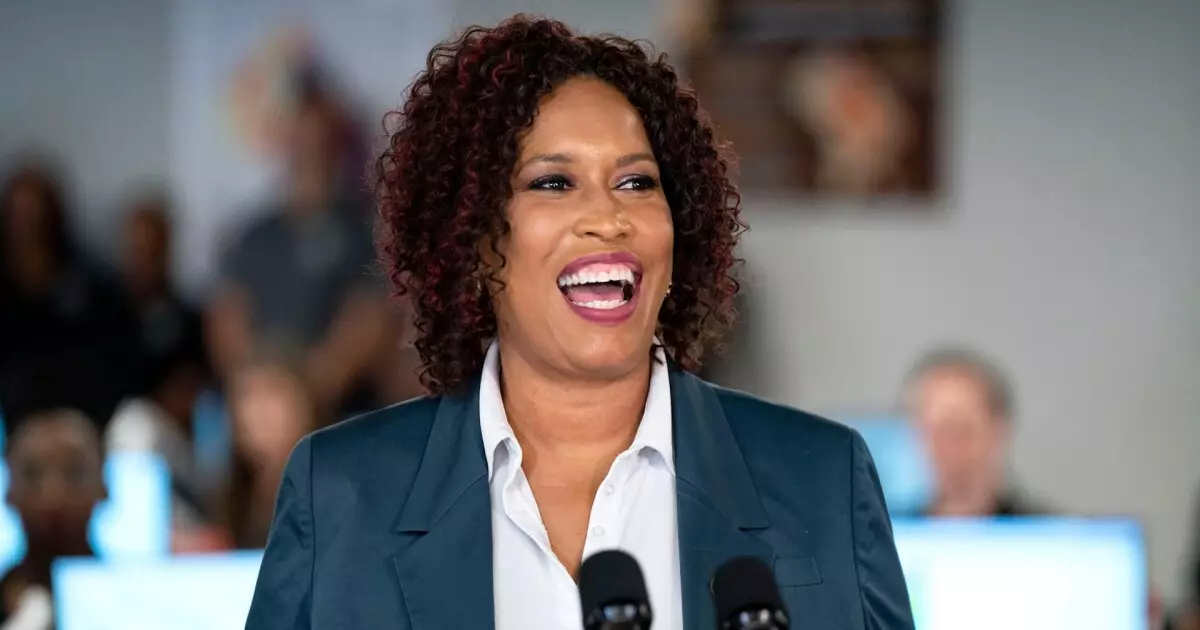In recent months, the complexities of financial management in Washington D.C. have become a high-wire act that pivots between fiscal responsibility and audacious dreams of growth. Mayor Muriel Bowser, while unveiling a $21.8 billion budget for fiscal year 2026, made it clear that the city is facing a precarious balance between maintaining essential services and pursuing grand infrastructure projects. The requirement for Congressional oversight looms large, which limits the flexibility of local officials to navigate these turbulent waters effectively. It raises a fundamental question: Can a city trying to heal from financial strains simultaneously chase monumental projects, like a new stadium, with dwindling resources?
Strangled by Federal Cuts
A triad of troubles afflicts the District, primarily stemming from the last administration’s policies. A reduction in the federal workforce under Donald Trump has left many economic holes that haven’t been filled. The towering number of empty office spaces, combined with financial caps imposed through congressional action, has compounded the city’s predicaments. As the mayor announced spending cuts — including discontinuation of a much-needed baby bonds program and implementing a hiring freeze — the hope for gradual recovery felt increasingly distant. These decisions demonstrate a stark reality of tight budgets forcing local leaders to make difficult sacrifices at the expense of the city’s most vulnerable inhabitants.
Bowser highlights these challenges as opportunities for transformative decisions; that’s fine in theory, but in practice, can rhetoric about ‘making change happen’ really translate into viable fiscal policy? The reality is that such optimism feels misplaced against a backdrop of looming deficits and financial mismanagement.
A Controversial $3.7 Billion Gamble
Central to the city’s budgetary aspirations is the proposed $3.7 billion plan to rebuild the RFK stadium and house the beleaguered NFL Washington Commanders. While this project may generate buzz and excitement, it also raises eyebrows over its extensive reliance on public funding. The plan includes an estimated $1 billion investment drawn from taxpayers for infrastructural improvements, which is a significant gamble at a time when essential services are being slashed.
Proponents argue that the revitalization of this 180-acre site could foster mixed-use development and bring jobs. Yet, we must critically examine whether the long-term benefits will genuinely outweigh the immediate financial strain placed on taxpayers. Based on the city’s past experiences — like the ballpark tax for the Washington Nationals, which Mayor Bowser referenced — similar investments have led to revitalization. However, not every project has been as successful, thus casting doubt on this new stadium endeavor.
The Dilemma of Civic Responsibility
Washington’s budgetary decisions point to a broader moral quandary regarding civic responsibility. When local leaders choose to prioritize substantial projects over welfare programs, they signal to constituents that economic revival is more valuable than the well-being of the city’s most vulnerable populations. The child tax credit and baby bonds program cuts reflect this perilous shift; ordinary residents’ lives are disproportionately affected, while grand ambitions march on unabated.
The double standard inherent here is glaring — the decision to invest public funds in a new stadium while declining to support critical social programs exposes a disconnect between leaders and the residents they serve. These policymakers risk losing touch with the very fabric of the community. The question isn’t merely about balancing budgets; it’s about prioritizing human welfare alongside economic ambitions.
A Call for Balanced Priorities
The economic landscape in Washington D.C. is undeniably turbulent, characterized by fiscal constraints and ambitious urban projects. Mayor Bowser’s proposals, while promising in their vision, beg for a reevaluation of priorities. Is it truly wise to charge forward with grand sports venues amidst a backdrop of budget cuts that hurt families? The city must strike a delicate balance, where economic growth does not eclipse the fundamental social responsibilities owed to its constituents. Washington D.C. must navigate this budget maze carefully, lest its financial ambitions become a mirage built on the backs of those who can least afford it.


Leave a Reply